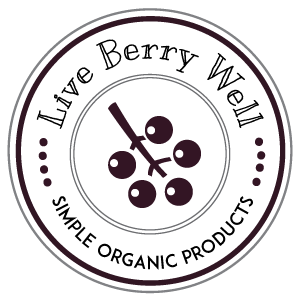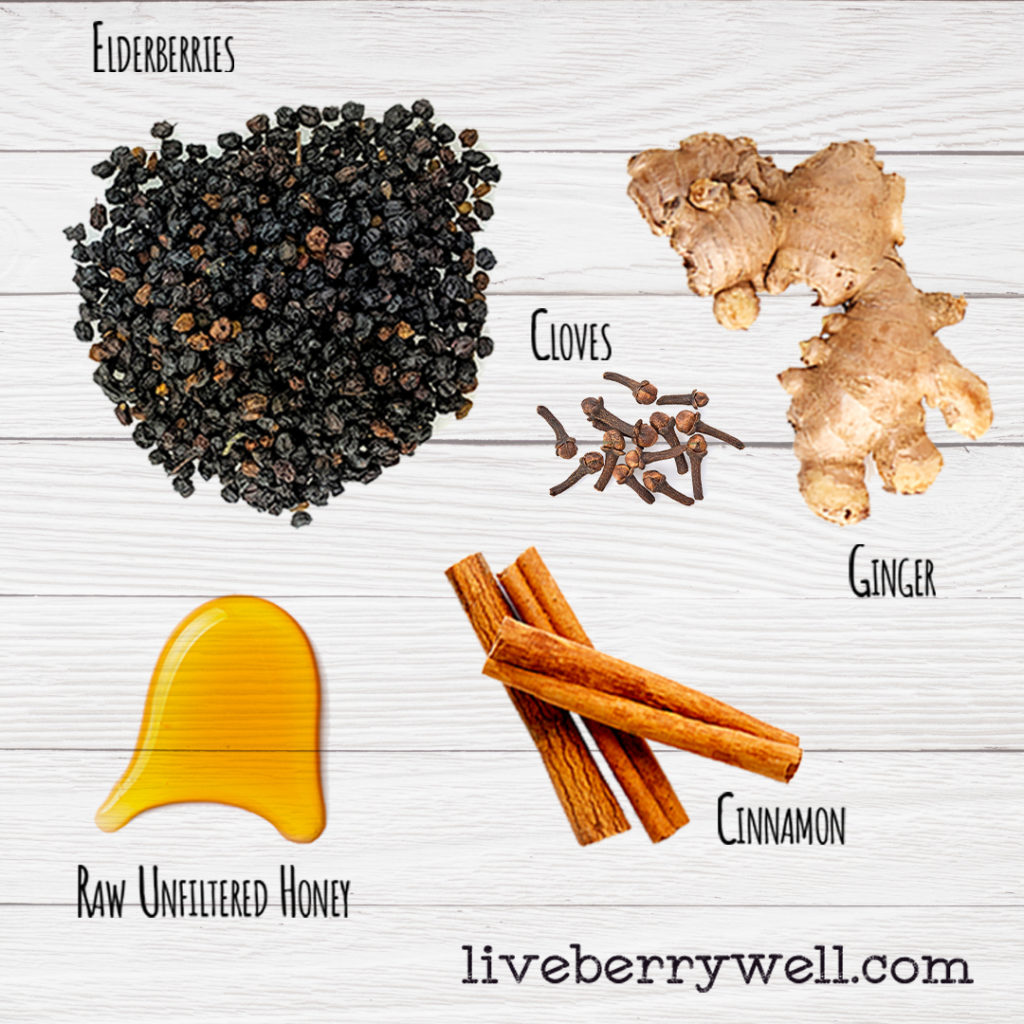Elderberry Benefits, Tips
What Makes Great Elderberry Syrup
Elderberry has transcended from a homeopathic remedy to a mainstream, over the counter resource. With the rise in popularity, a similar rise in the variety of products and brands have also emerged. So, how can we identify what a good elderberry syrup is versus bad? The answer is like anything else, a matter of perspective that starts with understanding the differences and processes.
There’s a lot of information about elderberries in the homeopathic and health-conscious communities. While the immune benefits are well documented for elderberries, many products utilize elderberries as one of many ingredients, making it more complicated when trying to decide what products to choose. Tinctures, gummies, concentrates, and elderberry syrup are some of the more common ways people use elderberry. In this article, we want to focus on elderberry syrup, and specifically, what separates different brands of elderberry syrup and how do you know good syrup versus a bad syrup?
If you are unfamiliar with what elderberries are and their benefits, you can familiarize yourself here.
Types Of Elderberry Syrup
In today’s market, there are three types of syrup – Large scale commercially made, homemade and craft made (typically in a commercial kitchen).
Large Scale Commercially Made:
There are several commercial brands of elderberry syrup, one of the more popular is Sambucol. Most of these brands use elderberry extract, glucose for a sweetener and preservatives to make them shelf stable – the most common food preservatives are Citric Acid and Potassium Sorbate.
Homemade:
Feeding the elderberry popularity are the 1,000’s of home kitchens across the globe making elderberry syrup for their family, or selling locally at farmers markets or porch pickups. The recipes differ widely, and often use dry ingredients that are rehydrated in a traditional herbal syrup. The quality of syrup varies widely from seller to seller based on both the ingredients, and process.
Craft Made:
Most of the craft elderberry syrup industry started with small home operations and grew into regional manufacturers. While these craft syrup manufacturers can be rather large in volume, many make their syrup one of two ways, large batch (50 gallons+) and small batch ( typically 3-10 gallons) per batch.
What Makes Elderberry Syrup Better than Elderberry Alone?
Elderberry Syrup is a traditional herbal syrup consisting of the boiling of elderberries (dry or fresh) and additional herbs for flavor or other benefits. The more common herbs added are cinnamon, ginger and cloves. Almost all elderberry syrup includes a sweetener – for the commercially made it’s commonly glucose, while the homemade and craft makers often use raw unfiltered honey.
The first thing that makes syrup better – the ingredients. Each ingredient added to the syrup impacts the benefits and adds their own nutritional benefits. Keep an eye out for organic and natural ingredients.
- Ginger has a very long history of use as alternative medicine. It’s been used to aid digestion, reduce nausea, and help fight the flu and common cold, to name a few of its purposes. Ginger is a potent antioxidant, containing 25 different antioxidant properties on its own. Ginger is also a powerful anti-inflammatory.
- Cinnamon as an ingredient dates back to Ancient Egypt and is loaded with powerful antioxidants, such as polyphenols. In addition to several other benefits, cinnamon also has anti-inflammatory properties.
- Cloves contain fiber, vitamins, and minerals and are high in antioxidants, due to a compound called eugenol. Like cinnamon, cloves may also have antimicrobial properties, meaning they can help stop the growth of microorganisms like bacteria.
- Whole vs Ground spices makes a very big difference as well. When using ground spices, the end result will likely have a grainy texture, while whole spices often have a more potent flavor and are easily strained from the syrup.
Traditionally, the elderberries and herbs are added to water and brought to a boil and reduced. This step is the second distinction on many recipes. Some manufacturers only boil their syrup for 1 hour, while others boil for 3 hours or more. The shorter the boil time, the thinner the syrup base is. Note, the honey added will also impact the viscosity of the syrup.
Once the syrup is reduced to a syrup consistency, the herbs and berries are removed (some strain the syrup several times) and, when cooled, the sweetener is added.
If a manufacturer is using preservatives, they add these and then the syrup is bottled and distributed.
Storage, Shelf Life and Preservatives
Most commercially made elderberry syrup is shelf-stable and aided with preservatives to allow them to stay on the shelf for long periods of time, often years. This is true of the elderberry gummies on the market as well. In fact, there are some manufacturers in which the ingredients don’t even include elderberry, given the small amount used.
For homemade elderberry syrup, and most craft made, preservatives are not used, impacting storage and shelf life. Due to the fact that no preservatives are used, the syrup needs to be refrigerated to keep it from spoiling. There is a short shelf life without refrigeration that is typically 5-10 days after cooked, depending on the recipe and processing.
While there are other preservative methods like vacuum sealing, and hermetic seals, to make elderberry syrup shelf stable, the pH needs to be increased by adding an acid – ascorbic acid, citric acid, lemon juice or other food grade preservatives. These often change the flavor of the syryp. In addition, many consumers avoid preservatives when possible, making this the third thing that defines good elderberry syrup vs bad.
Keep in mind that not all syrup manufacturers can ship their products without premature spoilage. If your syrup arrives and has fermented (there’s pressure in the bottle/jar) it has spoiled. The second way elderberry syrup will spoil is due to bacterial growth caused by mold, this can cause visible mold growth or particles to appear in the syrup.
In conclusion
The elderberry syrup industry is growing rapidly across all types of manufactures. With the rise in viral infections and the desire to boost immune systems, it hardly shows signs of slowing. It is important to know where your food comes from, and it is recommended to identify high-quality elderberry syrup from a trusted source.
Self Promotion
At Live Berry Well we choose to provide traditional elderberry syrup in small batches as a craft maker. Our average batch boils and reduces for over 3 hours, making our syrup the perfect consistency without the need for artificial thickeners. We choose non-ground organic spices and choose premium Kosher certified organic elderberries and use a wonderful raw unfiltered honey from the Pineywoods region of Texas. We don’t add any preservatives and ship fresh syrup in glass bottles in our custom packaging. We’ve sampled elderberry syrup from coast to coast and while we’re a bit bias, ours is one of the best.


Do you mean it will stay good on the shelf from 3 months after you make it? Or it will need to be refrigerated?
Hello! Our syrup is made without preservatives and needs to be refrigerated once it arrives at your home. In the fridge, it will last 3 months from the time of being made and each bottle is marked with a Best Buy date.
I live in Michigan… can you ship here? and how long is the shelf life after you do? I have a promo code from a friend too…
Hi Sandi,
Yes, we can ship to MI and often do for family up there! We ship fresh syrup and the shelf life will be 3 months from time of being made. Feel free to share that promo code.
Stay healthy,
-Erica